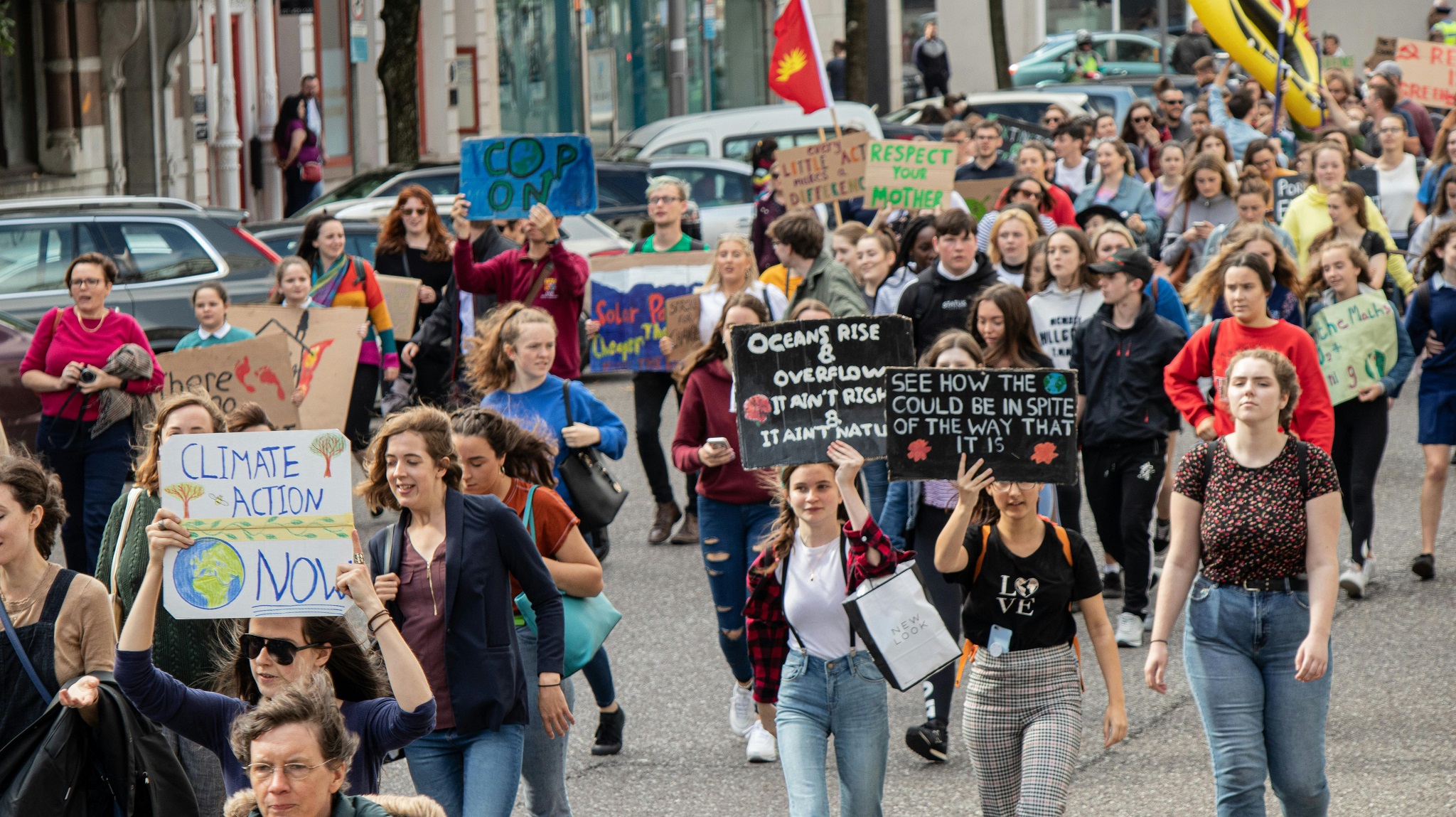A joint Greenhouse Research Talk and Bærekraftdidaktisk verksted Sustainability Seminar by Darren Rabinowitz, Columbia University

Formal education is regarded as an underutilized resource in addressing the climate crisis. Since human behavior is the primary driver of climate change and environmental degradation, it is perplexing why education, which is a key institution in shaping human behaviors, remains underutilized in the fight against global ecological collapse. Furthermore, substantive environmental rights in national constitutions (EPICs) have proliferated around the globe to ensure citizens right to a safe and clean environment yet scholars continue to debate whether they protect our natural ecosystems. This quantitative research investigates the relationship between the adoption of EPICs in 22 countries and student environmental learning outcomes (n=78,705). Findings suggest that countries that adopted EPICs positively predicts student environmental learning outcomes.
Darren Rabinowitz (he/him) is a PhD candidate studying International and Comparative Education at Teachers College (TC), Columbia University, and works as a research associate at the TC Center for Sustainable Futures. His research interests include globalization theories, social movements, civil society, climate change education, citizenship education, and youth activism.